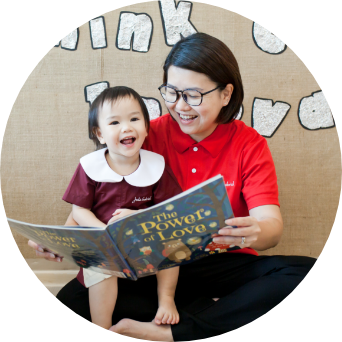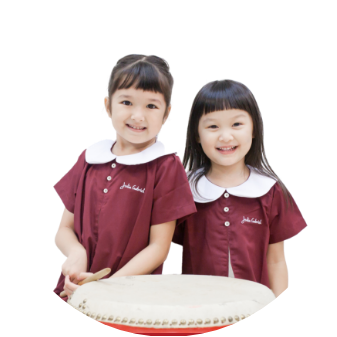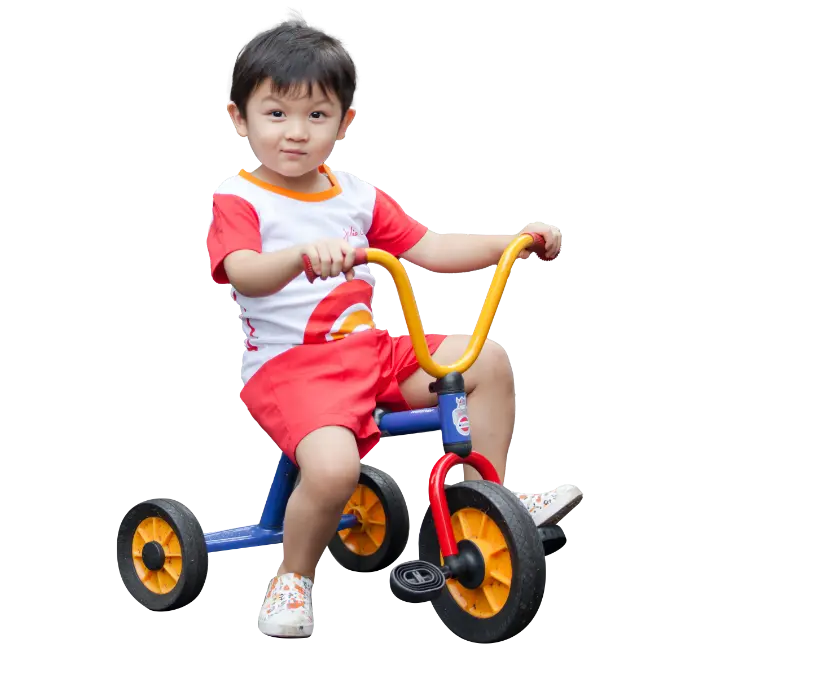Julia Gabriel Preschool
Every day is an adventure in learning.
OPEN WEEK
29 April to 16 May 2024
Julia Gabriel
Preschool
At Julia Gabriel Preschool,
we build a foundation that
sparks a difference for life.
At Julia Gabriel Preschool, we build a foundation that sparks a difference for life.
A new beginning unfolds when a child first steps into school.




Our EduDrama®
Methodology
By bringing together the warmth and security of home with the stimulating and immersive experience of our EduDrama® methodology, we share a wonder in the world as we nurture a child’s foundation.
Language. Imagination. Discovery.
Language. Imagination. Discovery. We bring them into the magnificent worlds of literature, maths, science, technology and arts. Engaging each child to explore and participate in their own way, we inspire them to think independently and express themselves confidently.





Children are
our delight!
We are always in awe of their unique strengths and talents. We celebrate who they are now and marvel at the person they can be. With parents as partners, we spark children’s natural curiosity into a love of learning and empower them with skills for life.
Our programmes nurture growing independence, positive self-esteem and self-image and a love of learning
Our 5 levels of preschool are tailor-made for the needs of different age groups
Pre-Nursery
Pre-Nursery
Learn moreNursery 1
Nursery 1
Learn moreNursery 2
Nursery 2
Learn moreKindergarten 1
Kindergarten 1
Learn moreKindergarten 2
Kindergarten 2
Learn more
Book a personalised guided tour today!
Julia Gabriel
Preschool
At Julia Gabriel Preschool, we build a foundation that sparks a difference for life.
At Julia Gabriel Preschool, we build a foundation
that sparks a difference for life.

